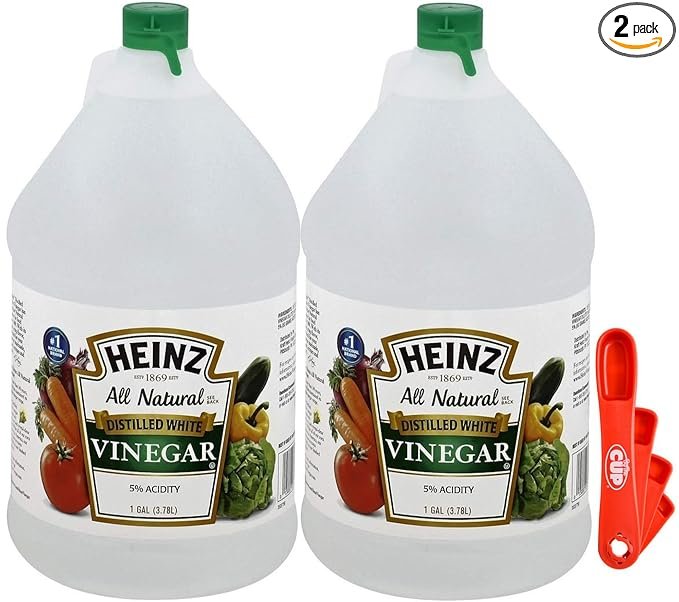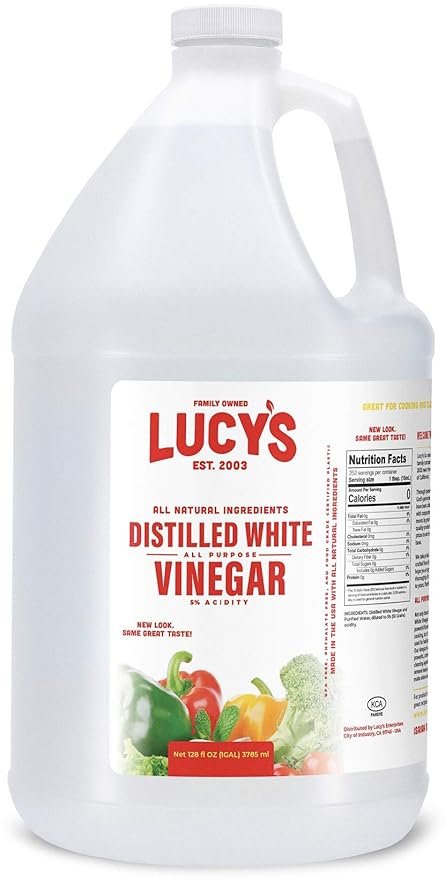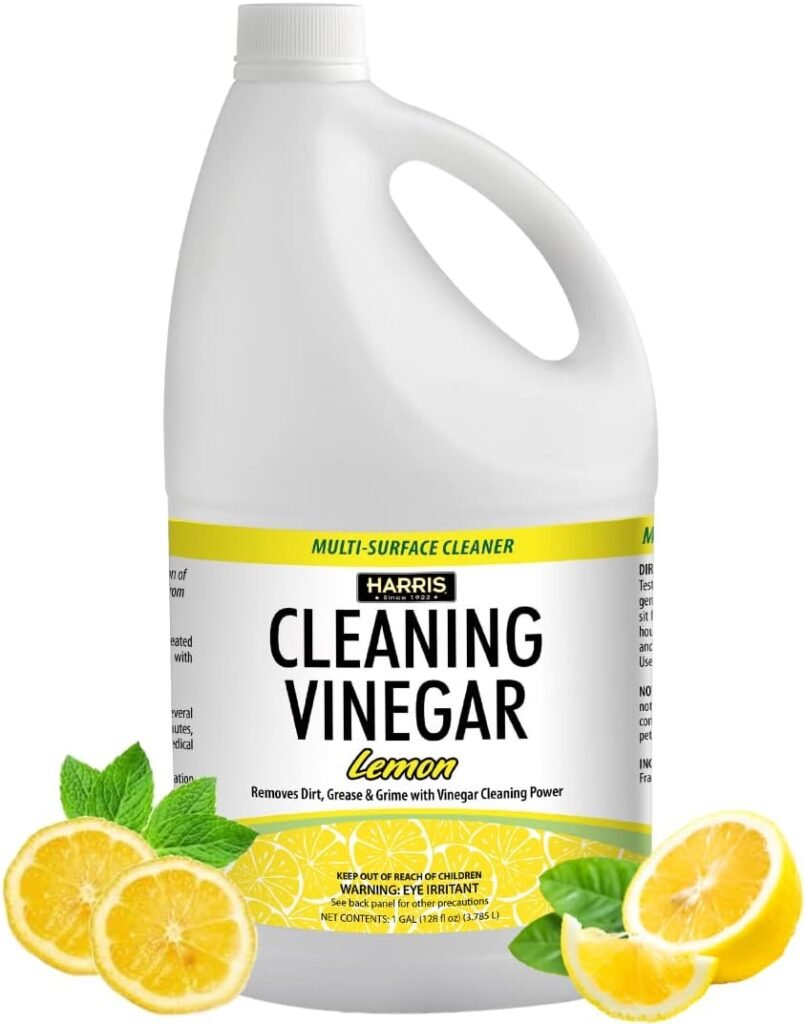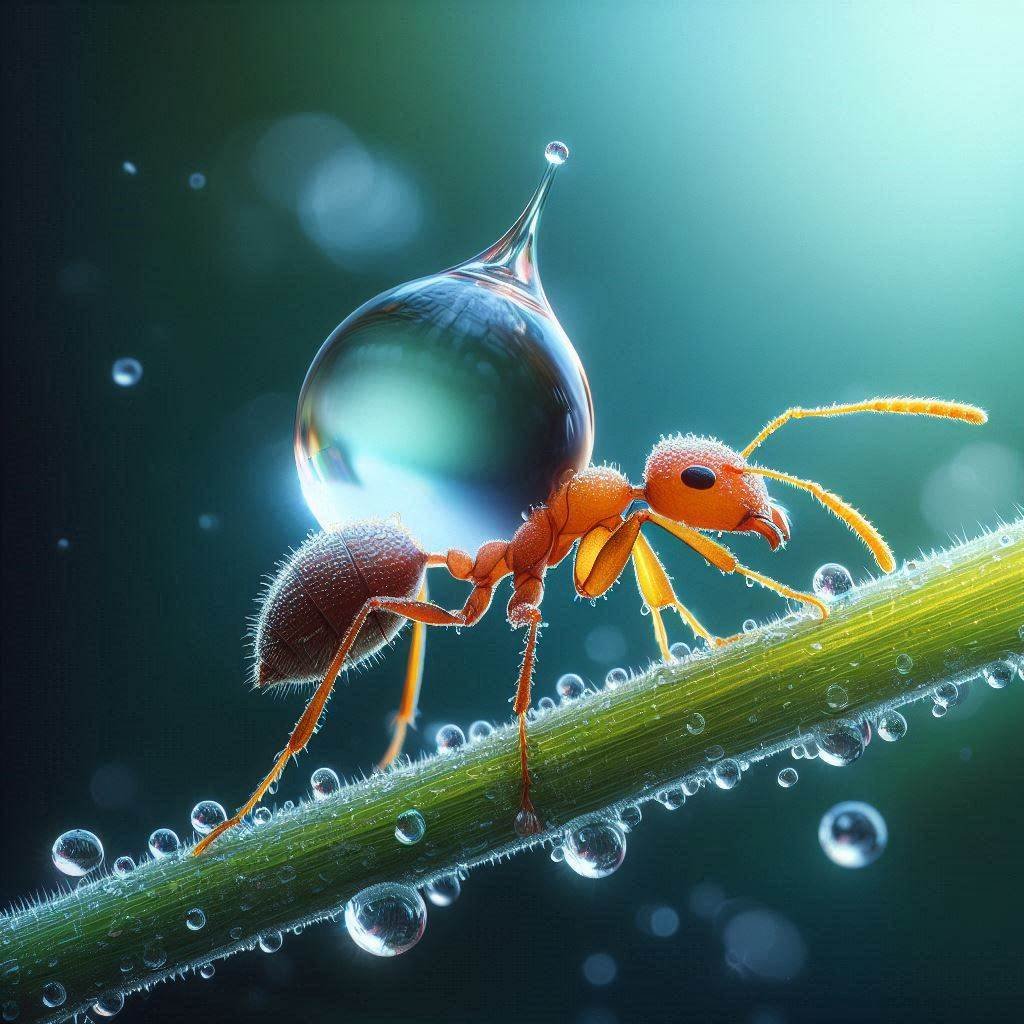Does Vinegar Kill Ants: A Comprehensive Guide to Natural Ant Control
Table of Contents

Introduction
Have you ever found yourself in a battle against an army of tiny invaders in your home? If so, you’re not alone. Ants are one of the most common household pests, and their persistence can be incredibly frustrating. While there are many chemical solutions available, more and more people are turning to natural alternatives. One question that often comes up is: does vinegar kill ants? In this comprehensive guide, we’ll explore the effectiveness of vinegar as an ant control method, how it works, and the best ways to use it. We’ll also delve into other natural ant control methods and compare them to vinegar, giving you a well-rounded understanding of your options for dealing with these pesky insects.
Understanding Ant Behavior
Before we dive into whether vinegar kills ants, it’s important to understand why these tiny creatures invade our homes in the first place. Ants are social insects that live in colonies, and their primary goal is to find food and water to sustain their community. They’re attracted to sweet and protein-rich foods, as well as moisture sources.
Ants communicate with each other using pheromones, chemical signals that they leave behind as they travel. These pheromone trails act as a map, guiding other ants to food sources. This is why you often see ants marching in a line – they’re following the scent trail left by their fellow foragers.
Understanding this behavior is crucial when considering any ant control method, including vinegar. By disrupting these pheromone trails, we can potentially deter ants from entering our homes.
Does Vinegar Kill Ants?
Now, let’s address the main question: does vinegar kill ants? The short answer is yes, vinegar can kill ants. However, it’s not as simple as just spraying vinegar on ants and watching them die instantly. The effectiveness of vinegar as an ant killer depends on several factors, including the type of vinegar used, the concentration, and how it’s applied.
Vinegar works against ants in two primary ways:
- Direct contact: When vinegar comes into direct contact with ants, its acidity can kill them. The acetic acid in vinegar is toxic to ants and can disrupt their nervous systems.
- Pheromone disruption: Vinegar’s strong smell can mask the pheromone trails that ants use to navigate. This can confuse and deter ants, potentially preventing them from finding their way into your home.
It’s important to note that while vinegar can kill ants on contact, it’s not always the most efficient or long-lasting solution for ant infestations. Vinegar works best as part of a comprehensive ant control strategy rather than a standalone solution.
Types of Vinegar for Ant Control
When it comes to using vinegar for ant control, not all vinegars are created equal. The most commonly used and effective types of vinegar for killing ants are:
White vinegar: This is the most popular choice for ant control. It’s inexpensive, readily available, and has a high acetic acid content (typically around 5%). (Check Price)

Apple cider vinegar: While not as strong as white vinegar, apple cider vinegar can also be effective against ants. It has the added benefit of a slightly sweeter smell, which some people prefer. (Check Price)

Distilled vinegar: This is similar to white vinegar but has been purified. It’s a good choice if you want to avoid any potential residue. (Check Price)

Cleaning vinegar: This type of vinegar has a higher acidity level (usually around 6%) than regular white vinegar, making it potentially more effective against ants. (Check Price)

When using vinegar for ant control, it’s best to opt for undiluted vinegar to maximize its effectiveness. However, if the smell is too strong, you can dilute it slightly with water without significantly reducing its ant-killing properties.
You May Also Like: Olive Oil And Vinegar Gift Set
How to Use Vinegar to Kill Ants
Now that we’ve established that vinegar can indeed kill ants, let’s explore the most effective ways to use it:
- Direct spray method:
- Mix equal parts water and vinegar in a spray bottle.
- Spray the solution directly on ants you see in your home.
- This method is best for immediate results but may not prevent future ant invasions.
- Barrier method:
- Pour undiluted vinegar along doorways, windowsills, and other entry points.
- Reapply regularly, especially after rain or cleaning.
- This helps create a barrier that ants are less likely to cross.
- Cleaning solution:
- Mix vinegar with water to create a cleaning solution.
- Use this to wipe down countertops, floors, and other surfaces where ants have been spotted.
- This helps remove pheromone trails and deter future ant activity.
- Vinegar and baking soda mixture:
- Combine vinegar and baking soda to create a foaming solution.
- Pour this mixture into ant hills or cracks where ants are entering your home.
- The foaming action helps the solution penetrate deeper, potentially reaching the ant colony.
- Vinegar-soaked cotton balls:
- Soak cotton balls in vinegar and place them in areas where you’ve seen ant activity.
- This method provides a longer-lasting deterrent effect.
Remember, consistency is key when using vinegar for ant control. You may need to reapply the vinegar solution regularly to maintain its effectiveness.

Pros and Cons of Using Vinegar to Kill Ants
Like any pest control method, using vinegar to kill ants has its advantages and disadvantages. Let’s explore these to help you decide if it’s the right solution for your ant problem.
Pros:
- Natural and non-toxic: Vinegar is a safe alternative to chemical pesticides, especially if you have children or pets.
- Readily available: Most households already have vinegar on hand, making it a convenient solution.
- Inexpensive: Compared to commercial ant killers, vinegar is very cost-effective.
- Multi-purpose: Vinegar can be used for cleaning and other household tasks besides ant control.
- Eco-friendly: Using vinegar doesn’t harm the environment like some chemical pesticides can.
Cons:
- Strong odor: The smell of vinegar can be overpowering and may linger for a while.
- Short-term solution: Vinegar’s effects are not long-lasting, requiring frequent reapplication.
- Not effective for severe infestations: For large ant colonies, vinegar alone may not be sufficient.
- Can damage some surfaces: The acidity of vinegar can potentially harm certain materials if used undiluted.
- Not a preventive measure: While vinegar can kill ants, it doesn’t necessarily prevent future infestations.
Other Natural Ant Control Methods
While vinegar can be an effective ant control method, it’s not the only natural solution available. Here are some other eco-friendly options to consider:
- Essential oils:
- Peppermint, tea tree, and citrus oils are known to repel ants.
- Mix a few drops with water in a spray bottle and apply to entry points.
- Diatomaceous earth:
- This natural powder damages ants’ exoskeletons, eventually killing them.
- Sprinkle it along ant trails and entry points.
- Borax and sugar mixture:
- Borax is toxic to ants but attractive when mixed with sugar.
- Create a paste and place it where ants are active.
- Cinnamon:
- The strong smell of cinnamon can deter ants.
- Sprinkle ground cinnamon or use cinnamon essential oil in problem areas.
- Lemon juice:
- Similar to vinegar, lemon juice’s acidity can kill ants and mask their pheromone trails.
- Use it in the same way as vinegar.
- Coffee grounds:
- Used coffee grounds can be sprinkled around plants or entry points to deter ants.
- Cucumber slices:
- Some people find that cucumber slices repel ants, possibly due to their bitter compounds.
- Chalk lines:
- Drawing lines with chalk can create a barrier that ants are reluctant to cross.
These methods can be used in combination with vinegar for a more comprehensive ant control strategy.
Comparing Vinegar to Chemical Ant Killers
While we’ve established that vinegar can kill ants, you might be wondering how it compares to commercial, chemical-based ant killers. Let’s break down the key differences:
Effectiveness:
- Chemical ant killers are often more potent and can kill ants more quickly than vinegar.
- However, some ants may develop resistance to chemical pesticides over time.
- Vinegar’s effectiveness lies in its ability to both kill ants and disrupt their pheromone trails.
Safety:
- Vinegar is non-toxic to humans and pets when used properly.
- Many chemical ant killers contain toxins that can be harmful if ingested or inhaled.
- Vinegar is a safer option for households with children or pets.
Environmental impact:
- Vinegar is biodegradable and doesn’t harm the ecosystem.
- Chemical pesticides can have negative effects on beneficial insects and the environment.
Long-term effectiveness:
- Chemical ant killers often provide longer-lasting protection against ants.
- Vinegar requires more frequent application but can be effective when used consistently.
Cost:
- Vinegar is generally much less expensive than commercial ant killers.
- Over time, the cost difference can be significant, especially for ongoing ant control.
Availability:
- Vinegar is readily available in most households and doesn’t require special purchases.
- Chemical ant killers may need to be bought specifically for pest control purposes.
While chemical ant killers may be more potent, the natural and safe properties of vinegar make it an attractive option for many households dealing with ant problems.

Preventing Future Ant Infestations
While knowing that vinegar kills ants is helpful, prevention is always better than cure. Here are some tips to help prevent future ant infestations:
- Seal entry points:
- Inspect your home for cracks and crevices where ants might enter.
- Use caulk or sealant to close these openings.
- Keep your home clean:
- Wipe down surfaces regularly to remove food residue.
- Clean up spills immediately, especially sugary liquids.
- Store food properly:
- Keep food in airtight containers.
- Don’t leave pet food out overnight.
- Reduce moisture:
- Fix leaky pipes and faucets.
- Use dehumidifiers in damp areas of your home.
- Maintain your yard:
- Keep plants and trees trimmed away from your house.
- Remove piles of wood or debris that could house ant colonies.
- Use natural repellents:
- Place bay leaves, cucumber slices, or coffee grounds near entry points.
- Use essential oils like peppermint or tea tree oil as a natural deterrent.
- Regular vinegar treatments:
- Even when you don’t see ants, periodically treat potential entry points with vinegar.
- Address outdoor ant hills:
- Pour boiling water mixed with vinegar directly into outdoor ant hills.
- Improve sanitation:
- Ensure garbage cans are tightly sealed.
- Regularly clean recycling bins, especially those containing sugary residues.
- Educate family members:
- Teach children and other household members about the importance of cleanliness in preventing ant infestations.
By combining these preventive measures with the use of vinegar when needed, you can significantly reduce the likelihood of future ant problems in your home.
You May Also Like: Dietworks Apple Cider Vinegar
When to Call a Professional
While vinegar and other natural methods can be effective for minor ant problems, there are times when it’s best to call in a professional pest control service. Consider seeking professional help if:
- You have a severe or persistent infestation that doesn’t respond to home remedies.
- You’re dealing with carpenter ants, which can cause structural damage to your home.
- You’re unable to locate the source of the ant infestation.
- You have ants in multiple areas of your home or property.
- You’ve tried various methods, including vinegar, without success.
- You’re concerned about the type of ant species and potential risks.
- You have a recurring ant problem despite your best efforts at prevention and control.
Professional pest control services have access to more potent treatments and can often provide longer-lasting solutions. They can also help identify and address the root causes of your ant problem.
Conclusion
So, does vinegar kill ants? The answer is a resounding yes. Vinegar can be an effective, natural, and safe method for controlling ants in your home. Its acidity can kill ants on contact, and its strong smell can disrupt their pheromone trails, deterring future invasions.
However, it’s important to remember that vinegar is just one tool in the ant control arsenal. For the best results, combine vinegar treatments with other natural methods and preventive measures. Regular cleaning, sealing entry points, and proper food storage are all crucial components of a comprehensive ant control strategy.
While vinegar may not be as potent as chemical pesticides, its safety and eco-friendliness make it an attractive option for many households. It’s particularly suitable for those with children, pets, or concerns about environmental impact.
Remember, consistency is key when using vinegar for ant control. Regular applications and a multi-faceted approach will yield the best results. And if you find that your ant problem persists despite your best efforts, don’t hesitate to consult with a professional pest control service.
By understanding how vinegar works against ants and implementing a comprehensive ant control strategy, you can keep your home ant-free using safe, natural methods. So the next time you spot those tiny invaders, reach for the vinegar – it might just be the solution you’ve been looking for.
Affiliate Disclaimer:
This post may contain affiliate links. If you click on these links and make a purchase, we may earn a commission at no additional cost to you. We only recommend products we believe will add value to our readers. Your support helps us continue providing quality content.

